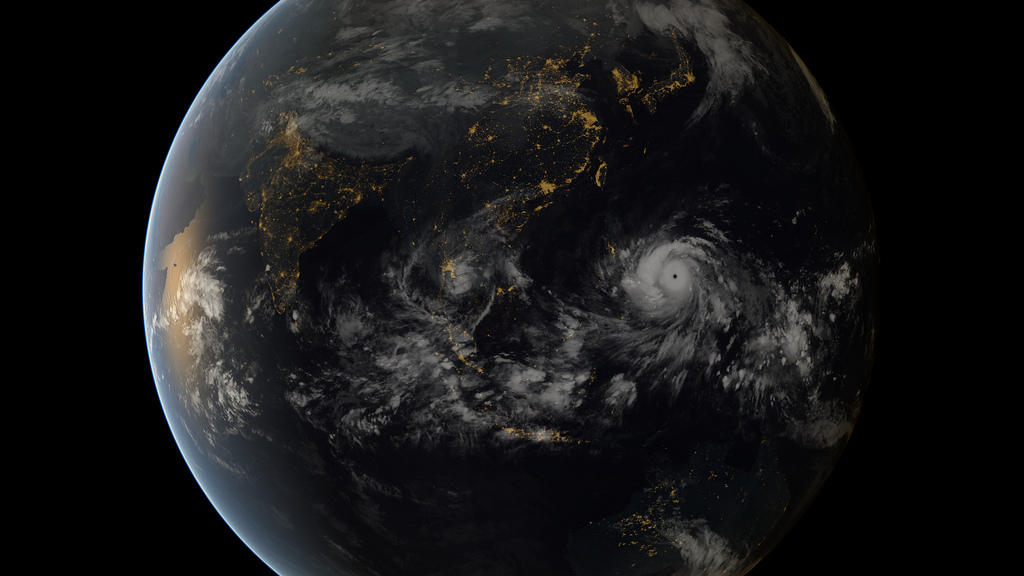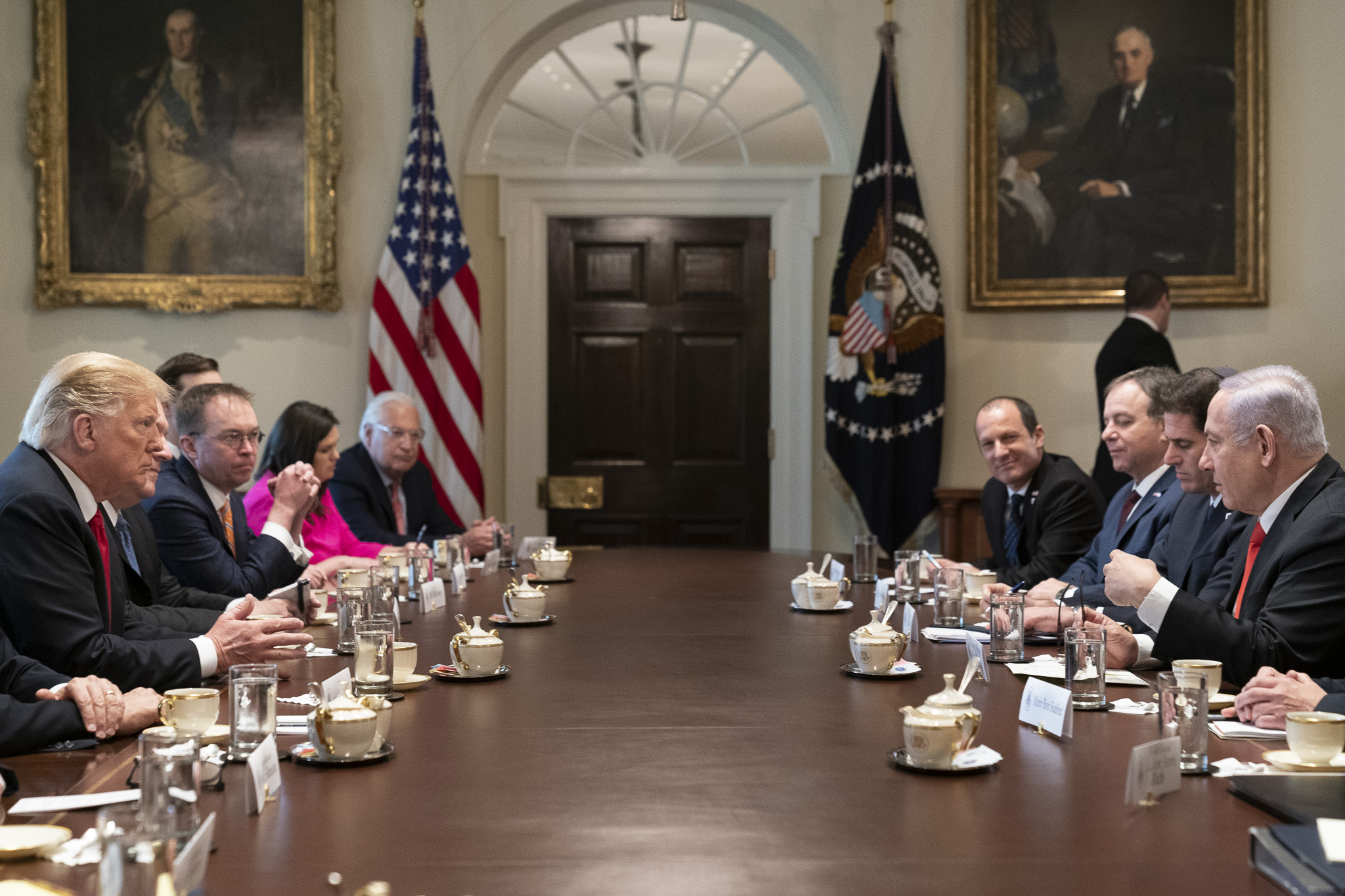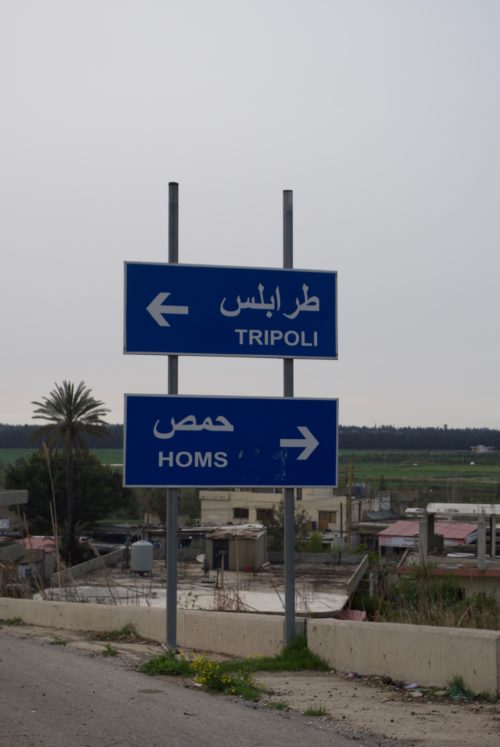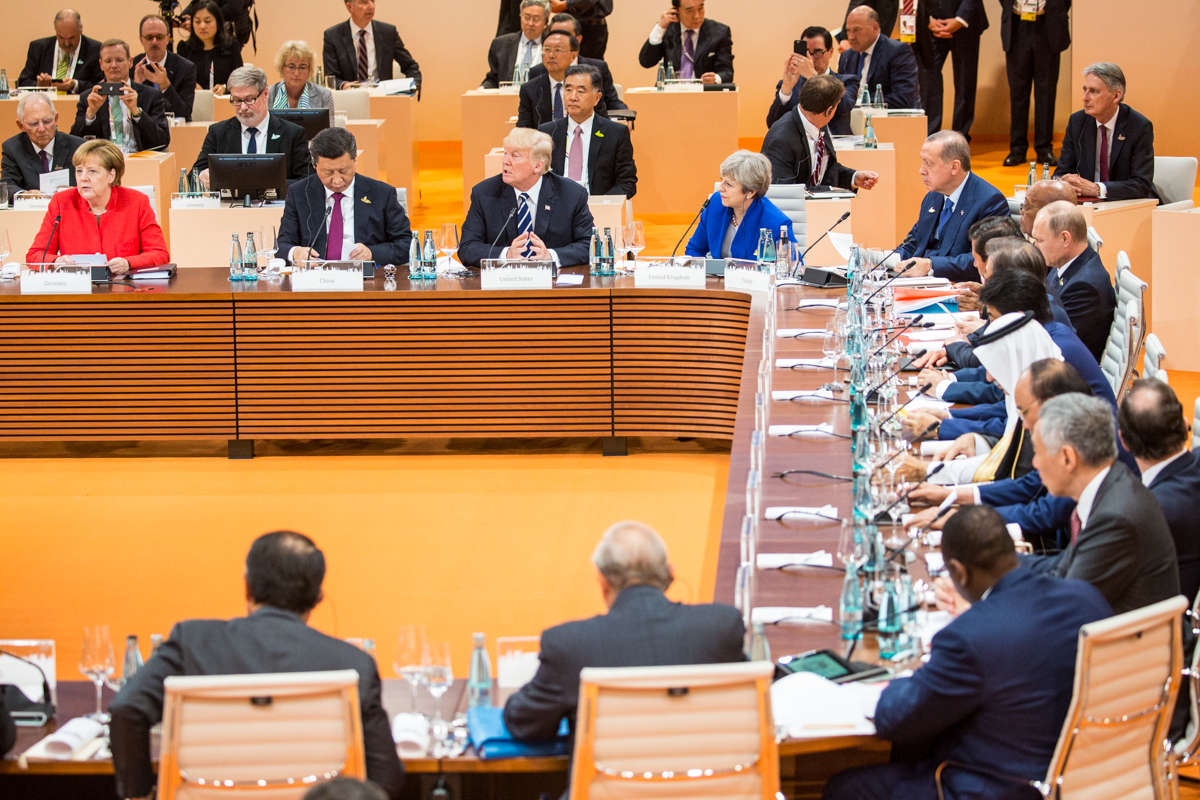Guest post by C. Christine Fair
In September, 2011 Admiral Mike Mullen, the chairman of the Joint Chiefs of Staff, astonished the American public when he declared the Haqqani Network to be a virtual arm of Pakistan’s intelligence agency, the ISI. Before then, Admiral Mullen had been one of the most outspoken defenders of Pakistan and its military’s efforts to combat Islamist terrorist. Since then, Congressional pressure mounted on the Obama administration to take a stronger position on Pakistan’s intransigent support for one of the most lethal organizations killing Americans and allied forces in Afghanistan. At long last, on September 7, the Obama administration announced that it would designate the network of Jalaluddin Haqqani to be a foreign terrorist organization.
The question arises as to what outcomes will emerge from this latest round of designating entities based in and operating from Pakistan. First, this designation gives the US government greater leverage in targeting the group’s vast licit and illicit funding network spanning the Gulf and South Asia. Second, it finally clarifies what the official position is with respect to the network. The US inter-agency has long been conflicted about the relevance of the network to a resolution in Afghanistan with some believing that the Haqqanis are important while others rubbish the notion. In either case, Pakistan has long exploited the inter-agency friction as an excuse for inaction. Pakistan can no longer hide behind this ruse. Third, it could give some hope to Afghans that hard earned democratic gains will not be forfeited to entrepreneurs of violence, like the Haqqanis.
However, it is not clear whether this designation will pave the way to declare Pakistan a state that sponsors terror, a club populated by Cuba, Iran, Syria and Sudan. In fact, the US State Department rule this out categorically. With this off the table, Pakistan is likely to behave with the same insouciance with which it greeted the previous designations of groups such as Lashkar-e-Taiba, Jamaat-ud-Dawa, among numerous others. Without some threat of meaningful sanctions, Pakistan’s military and intelligence agency are unlikely to take this designation any more seriously than those of the past and will indeed double down on their support for the organization as a further signal of resistance to Washington’s preferences in the region.







4 comments
Under United Nations Security Council Resolution 1373 (Chapter VII) Pakistan has the binding sovereign obligation to eliminate terrorists, terror-training camps, terror havens, and terror financing from its territory. If Pakistan fails to act against the Haqqanis the U.S. can now do so as legally action against the Haqqani network, wherever they are, occurs on an open battlefield where Pakistani claims to sovereignty do not apply.
@Solomon2:
To make that happen you will have to have the UN declare the Haqqanis a terrorist organization too. The Haqqanis are NOT an independent outfit they are faithfully loyal to Mullah Omar, whom the UN recently REMOVED from its list of blacklisted terrorists. If the US can pursue negotiations with the Taliban and affiliated people it can’t tell Pakistan what to clamp down on them, especially considering that the US refuses to take any action against the Haqqani Network in the 4 provinces of Afghanistan where that group maintains its writ.
@Solomon2:
The United States has already admitted it is backing anti-Pakistan terrorists based in Afghanistan, the TTP, which IS included in your country’s FTO list by the way. Would you agree that Pakistan can claim the exact right under UNSC Resolution 1373 (Ch. VII) to take action against those terrorists as well as against Afghan government and intelligence who are sleeping with them?